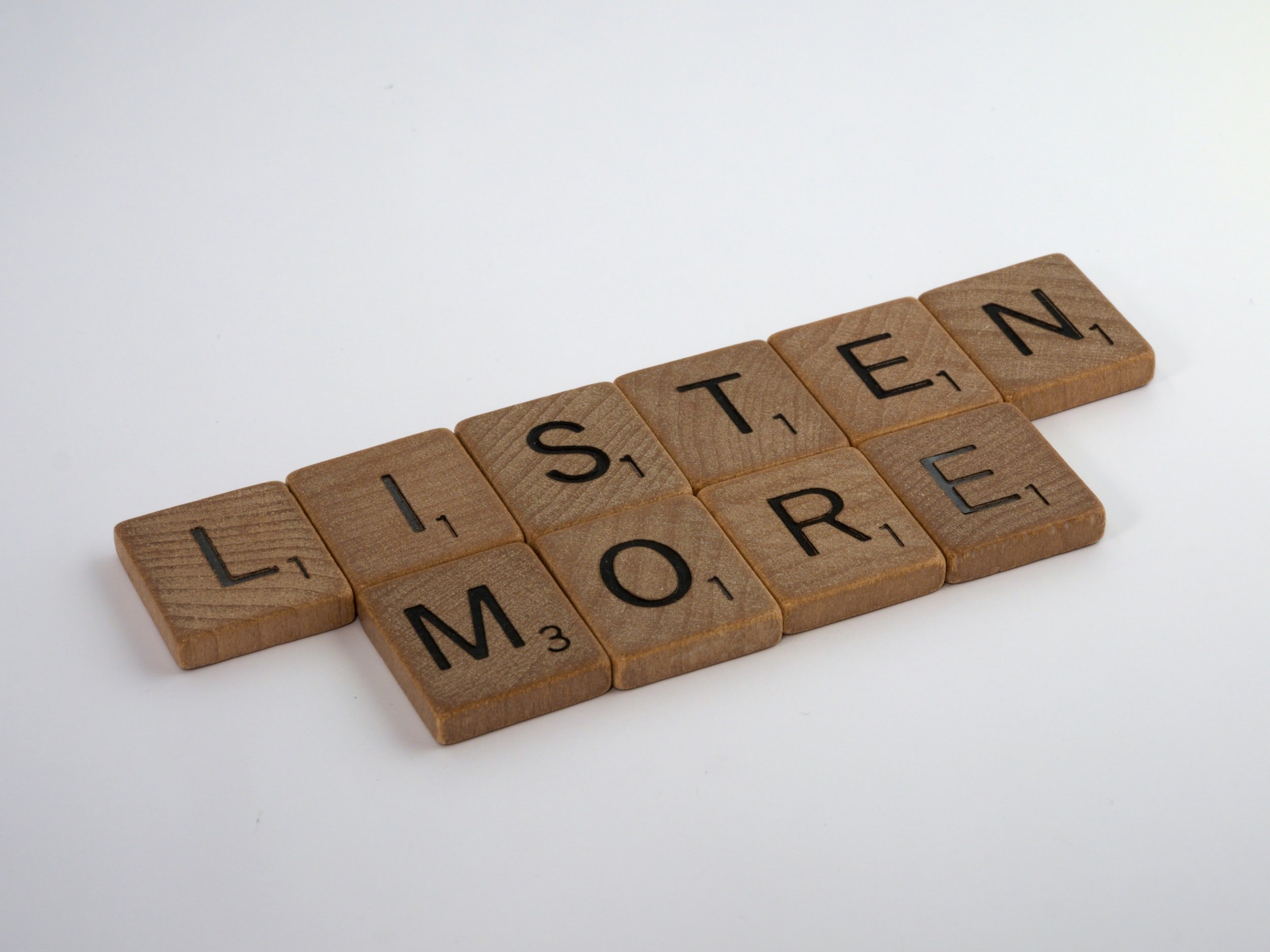Why soft skills are essential for freelancers and design professionals
If you're a freelancer or design professional, you know that the industry is incredibly competitive.

If you're a freelancer or design professional, you know that the industry is incredibly competitive.
In order to stand out, you need to have not only strong technical skills but also stellar soft skills. From client communication to time management, these essential abilities will help you succeed in your career.
Keep reading to learn more about why soft skills are so important for freelancers and design professionals!
The Advantages of Strong Soft Skills
There is no doubt that hard skills are essential. You must be able to operate on people if you want to be a surgeon. To become a lawyer, you must be able to read and interpret the law.
Soft skills, on the other hand, are becoming increasingly important in today's world. With the rise of the internet and globalisation, an increasing number of jobs are becoming dependent on communication and collaboration. Soft skills come into play at this point.
Strong soft skills can help you stand out in a competitive job market, as well as make you a better employee once hired. Good communicators are better problem solvers because they can see both sides of an issue and find common ground.
They are also more adept at managing relationships, both with coworkers and with clients or customers. Strong soft skills are becoming increasingly valuable in an increasingly connected world.

How to develop and improve your soft skills
The term “soft skills” is often used to describe the interpersonal skills that are essential for success in the workplace. These skills include communication, problem-solving, teamwork, and time management.
While hard skills are important for getting a job done, it is soft skills that will help you to succeed in your career.
Here are some tips for developing and improving your soft skills:
- Become an active listener. Listen with your ears, but also with your eyes and body. Pay attention to non-verbal cues as well as the words that are being spoken.
- Practice patience and empathy. Put yourself in other people’s shoes and try to see things from their perspective.
- Be a positive force. Bring energy and enthusiasm to every interaction.
- Be a lifelong learner. Keep your mind open to new ideas and be willing to learn from others.
By developing and improving your soft skills, you will be well-positioned for success in any career.

What are some of the most common soft skills that freelancers and design professionals should develop?
Time management, communication, organisation, and problem-solving are some of the most common soft skills that freelancers and design professionals should develop.
Time management is critical for any freelancer or design professional because it is easy to become engrossed in work and lose track of time.
Communication is also a vital soft skill for freelance graphic designers, as they need to be able to communicate their ideas clearly and collaborate successfully with clients and other creatives.
Another important skill is organisation, which helps to keep all of the different elements of a project in order, and problem-solving is necessary for dealing with any issues that may arise.
All of these soft skills are essential for freelance graphic designers and creatives, as they must be able to stay organised and communicate effectively with clients while also thinking on their feet and solving problems.
Furthermore, freelancers and design professionals should strive to improve their creative problem-solving abilities. This skill is especially important for freelance graphic designers because they frequently have to come up with unique solutions to design problems that arise during the course of a project.
Finally, in order to effectively collaborate with other creatives and colleagues, freelance graphic designers should focus on developing interpersonal skills. Freelance graphic designers who work in teams and must communicate effectively with others must be able to collaborate.

How can you use soft skills to stand out from the competition and attract new clients or customers?
Your ability to effectively communicate and collaborate with others is just one of the key characteristics that will set us apart from the competition. It is more important than ever in today's market to be able to demonstrate your skills and abilities outside of your portfolio.
Networking is also an important resource for freelance graphic designers. Attending industry events and meeting new people can aid in the development of relationships with prospective clients or customers. Being approachable and friendly will help you make a positive first impression, which may lead to future opportunities.
Along with strong interpersonal skills, it is critical to have strong organisational skills. As a freelance designer, you will most likely be in charge of managing your own time and deadlines. Staying organised and on top of your work will help you meet all of your obligations.
You'll be able to attract new clients or customers and build long-lasting relationships with them if you demonstrate your interpersonal and organisational skills.

Are there any other benefits to having strong soft skills besides better career prospects?
There are many other benefits to having strong soft skills. Perhaps the most important is that they make you a more well-rounded person. They help you communicate better, think more logically, and empathise with others. These skills come in handy not only in your professional life but also in your personal life.
Another benefit of having strong soft skills is that they make you more employable. Employers often look for candidates who have strong communication and problem-solving skills, among other things. If you have strong soft skills, you will be more likely to stand out from the competition and get hired.
In addition to better career prospects, strong soft skills can also lead to:
- Increased creativity and productivity.
- Become more confident in your abilities.
- Handle criticism more effectively.
- Negotiate better rates with clients.
- Strengthen relationships with customers and coworkers.
- Manage stress and anxiety more effectively.
- Greater work satisfaction.
Ultimately, developing strong soft skills is an investment into your future as a freelance graphic designer or any other design professional. As you hone in on your craft and knowledge of the industry-specific technical aspects of design, take care to develop your people-oriented abilities as well—you won't regret it!
The significance of workplace communication and collaboration
Communication and the ability to work well with others are two of the most valuable skills that you can bring to an employment setting. Building relationships, finding a solution to a problem, and expressing your thoughts and feelings are all made easier when you have strong communication skills.
In the meantime, collaboration is necessary in order to work towards a common objective. It is possible for there to be a significant increase in both productivity and results when everyone is on the same page.
Of course, effective communication and teamwork do not always come easily to people. The acquisition of these abilities requires a lot of work and practice. However, it is well worth it because the benefits are necessary for achieving success in any type of business environment.
Therefore, if you want to advance further in your career, you should ensure that you are an effective communicator and collaborator. Everything will be determined by it.

Tips for working with clients and other professionals
When it comes to working with clients, there are a few things you need to keep in mind.
First, always be respectful and professional. This doesn't mean you can't be friendly, but you should always maintain a certain level of detachment.
Secondly, always be prepared. Know your client's needs and wants, and have a plan of action ready to go.
Lastly, be flexible. Things rarely go according to plan, so be prepared to change course at a moment's notice. If you can keep these things in mind, you'll be well on your way to having successful client relationships.
Strategies for dealing with challenging situations and individuals
There are numerous approaches to dealing with difficult situations and people. Some people promote avoiding conflict entirely, while others advocate confronting it head-on.
Personally, I believe that the best approach is determined by the circumstances. If you're dealing with someone who is generally difficult to work with, you should try to avoid them as much as possible. However, if you are in a situation where you must confront the person directly, you should do so calmly and rationally.
It's also important to remember that not every situation requires resolution; sometimes it's simply better to walk away. Finally, the key is to figure out what works best for you and stick to it when dealing with difficult situations or people.
What should you do if you're struggling with any of the soft skills mentioned above?
If you're struggling with any of the soft skills mentioned above, don't worry—you're not alone.
Here are some suggestions for overcoming these challenges:
- Practice makes perfect: The more you practice your soft skills, the better you'll become at using them. Try to set aside time each day to work on your weakest areas.
- Seek out feedback: Ask your friends and colleagues for feedback on how you can improve your soft skills. They may be able to offer some helpful tips that you hadn't considered.
- Be patient: Don't expect to master your soft skills overnight. It requires time and effort to cultivate these skills. Be patient and keep practising until you're satisfied with your results.
As freelance graphic designers and creatives, soft skills are just as important as our technical abilities. If we want to be successful in this industry, it's essential that we invest the time and energy into developing them.
There may be bumps along the way, but with a bit of patience and perseverance, you'll ultimately come out on top!
Final thoughts on why it's essential to develop and improve your soft skills if you're a freelancer or work in the design industry
Freelance graphic designers are in high demand and can frequently command high pay. Even the best freelance graphic designers will advance in their careers if they continue to improve their soft skills.
The design industry is competitive, so being able to work well with clients, coworkers, and other professionals is essential. Strong soft skills can assist you in developing better relationships, negotiating contracts, and resolving conflicts.
Furthermore, having strong communication and problem-solving skills can assist you in completing high-quality work on time and within budget.
The bottom line is that developing your soft skills is critical if you want to be successful as a freelance graphic designer or in any other creative field.
Take the time to hone your interpersonal and problem-solving skills, and you'll be well on your way to greater freelance success.
The bottom line is that soft skills are essential for freelancers and design professionals. They make it possible to maintain positive relationships with clients, vendors, colleagues, and others in the industry. They also help us stay organised and efficient while working on projects.
In a competitive market, having strong soft skills can be the difference between landing a project and losing out to another bidder. So what are you waiting for? Start developing your soft skills today!
Do you have any tips to share about how you’ve improved your own soft skills? Let me know in the comments below.



